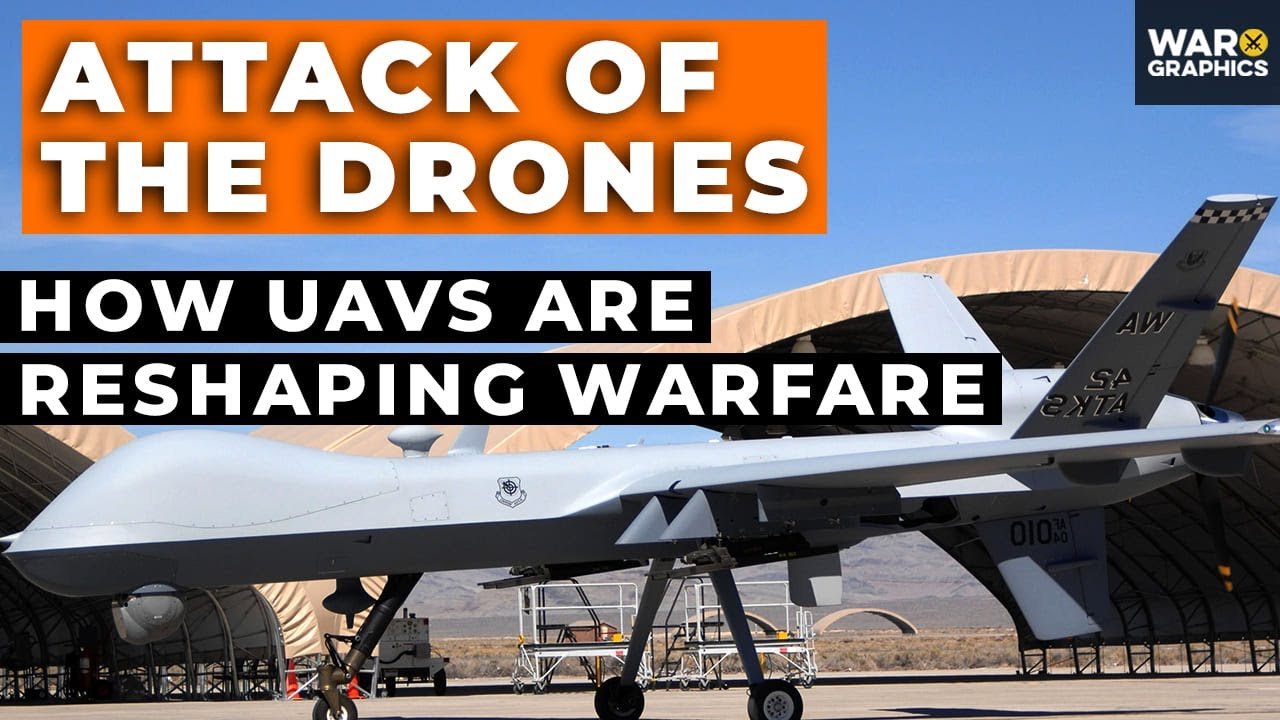Attack of the Drones: How UAVs Are Reshaping Warfare
The evolution of drone-based warfare represents a significant shift in modern military strategies, emphasizing cost-effectiveness, miniaturization, and technological sophistication. Initially used for reconnaissance and limited offensive roles, drones have now become pivotal in global militaries’ arsenals, offering a means to conduct operations without risking human lives directly. This shift is not only about the drones familiar from the 2010s but also encompasses a broader range of strategies and tactics that leverage inexpensive and widely available consumer drones. These developments have changed the game on the battlefield, potentially altering the very nature of warfare itself. With drones now playing crucial roles in reconnaissance, attack, and even psychological operations, their impact spans from the front lines to strategic global military planning.
- Drones have been part of military operations as early as World War I, evolving significantly in function and technology over the decades.
- The revolution in drone warfare is largely attributed to advancements in cost and miniaturization, making drones accessible for both military and commercial uses.
- Consumer drones have become cheaper and more sophisticated, with millions shipped worldwide, enhancing their potential for modification and use in combat.
- The cost-effectiveness of drones allows militaries and non-state actors to conduct operations with significant impact without the financial burden of traditional manned aircraft or sophisticated missile systems.
- Drones provide advantages in asymmetric warfare, enabling smaller or under-resourced forces to challenge larger, well-equipped adversaries effectively.
- On the battlefield, drones have been used for a wide range of purposes, including reconnaissance, direct attacks, psychological operations, and as a counter to traditional air defenses.
- International dynamics around drone technology are shifting, with over 30 nations known to have armed drones, and a growing number of countries and non-state actors developing or acquiring drones for military use.
- Technological advancements and the increasing role of AI in drone development are leading toward more autonomous, sophisticated military drones capable of complex operations without direct human control.
- The proliferation of drone technology is challenging traditional concepts of warfare, with potential implications for global military balance, ethical considerations in combat, and the future of armed conflict.
This summary has been generated by AI.

Leave a Reply